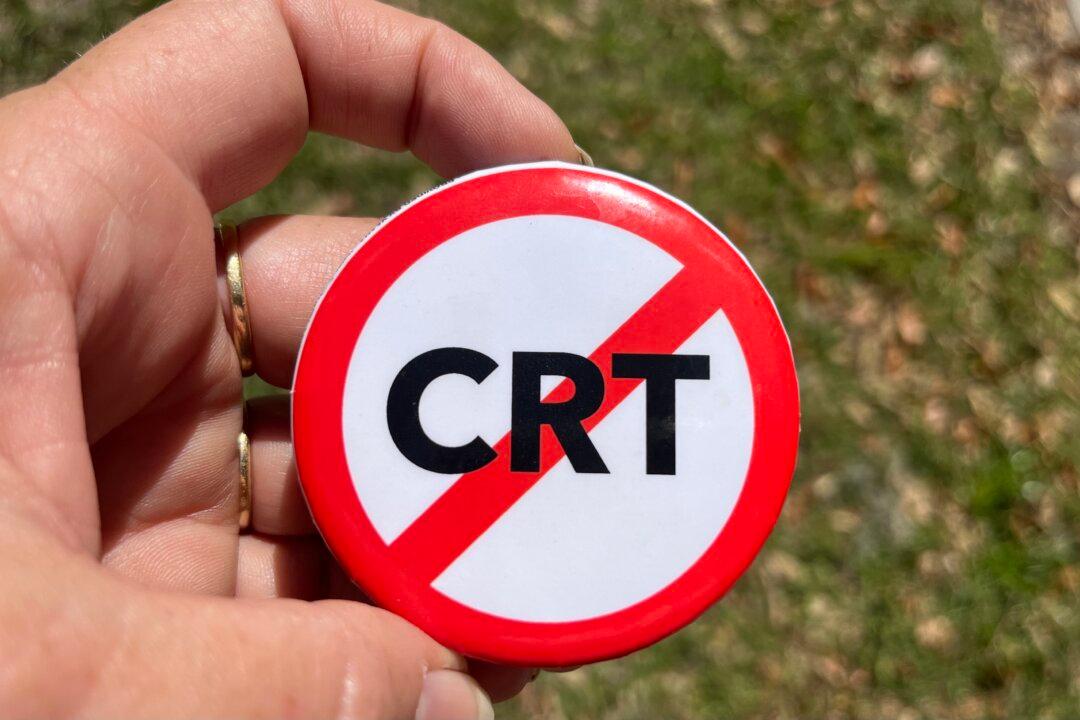State and local countermeasures against critical race theory (CRT)—a quasi-Marxist framework that views the United States as systemically racist—are on the rise in 2023, at a pace equal to or faster than that of 2021 and 2022, according to a new report (pdf) released by CRT Forward, an initiative advocating for CRT in schools at the University of California–Los Angeles (UCLA) School of Law.
Anti-CRT measures in higher education and pushback on Diversity, Equity, and Inclusion (DEI) policies are also trending higher in 2023, according to LaToya Baldwin Clark, a co-author of the report and an assistant law professor at UCLA, at a webinar releasing the report’s findings on April 12.



